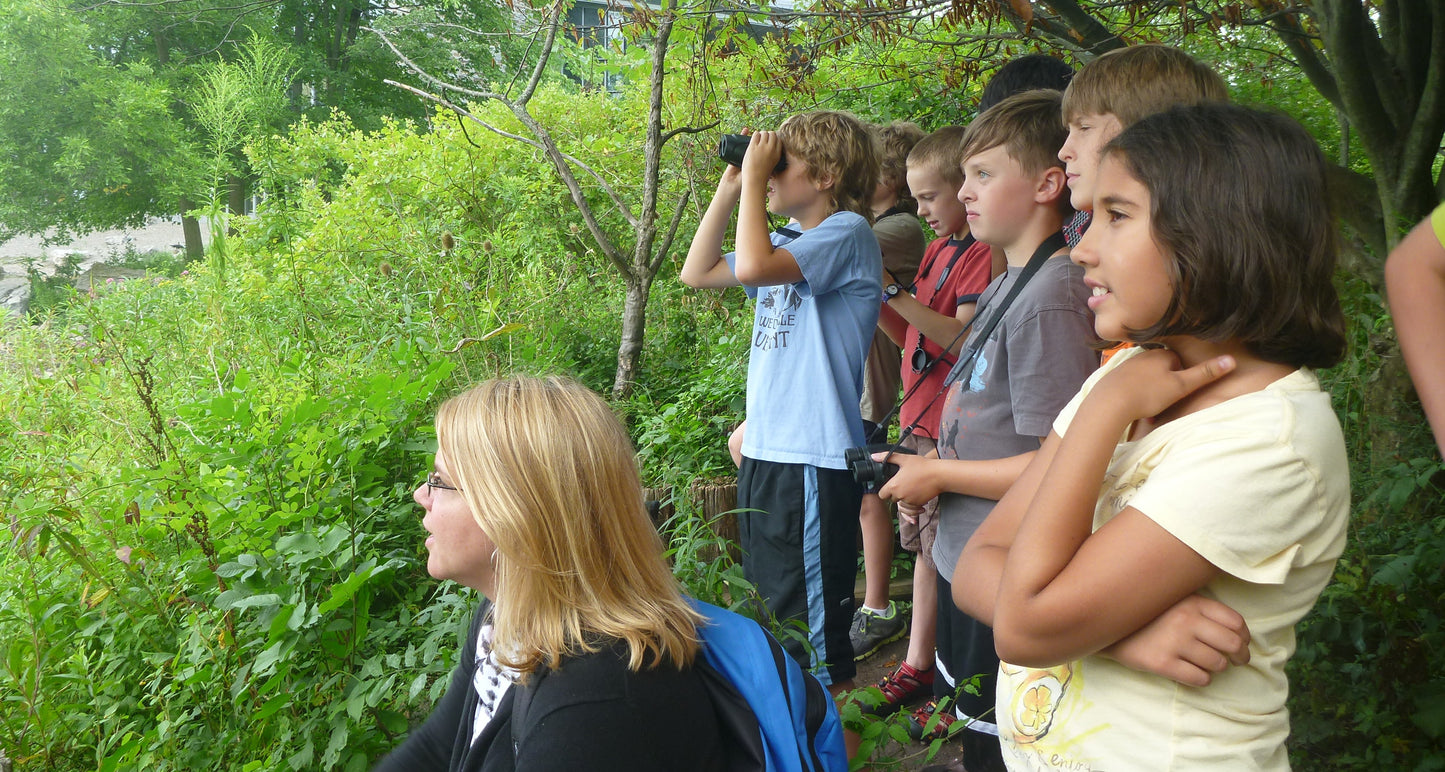Offer
Provide additional details about the offer you're running.
Provide additional details about the offer you're running.
Provide additional details about the offer you're running.

Photo: Jennifer Fee
It is no secret, when we think about the future of our planet and the species inhabiting it, we think about our children. As a whole, we all aim to develop an informed society, especially regarding environmental concerns and often times that begins with educating the adults of tomorrow at a young age.
The Cornell Lab of Ornithology has taken steps to do just that with what is known at their Bird Sleuth program, which began in 2004. Originally called “Classroom BirdWatch”, the program was originally funded by a three-year grant from the Instructional Materials Development Program at the National Science Foundation. Since then the program has morphed into an inquiry-based science curriculum that engages children in the scientific study and data collection.
The overarching goals of the program are to encourage children to answer any questions they might have regarding nature using a scientific process, spend time in the outdoors while observing different species of birds and to aid children in understanding the importance of the data they collect and how it is used in understanding and conserving birds.
The curriculum is based on a number of materials developed by the Cornell Lab and specifically geared for intriguing young minds. The main component of the program consists of educational kits for teachers which include materials such as work books, teaching guides, posters, interactive games, guides and activities to keep young minds busy.
The other arm of the program is made up of a number of educational webinars including Birds of Your Ecosystem, Bird Talk: Calls and Songs, Nesting: Birds and Young and many other titles to choose from for the inquisitive mind.
The material designed as part of this project varies throughout the different stages of learning across a variety of ages. The curriculum covers material suited for children from Kindergarten all the way up to grade 12.
High Quality Blend